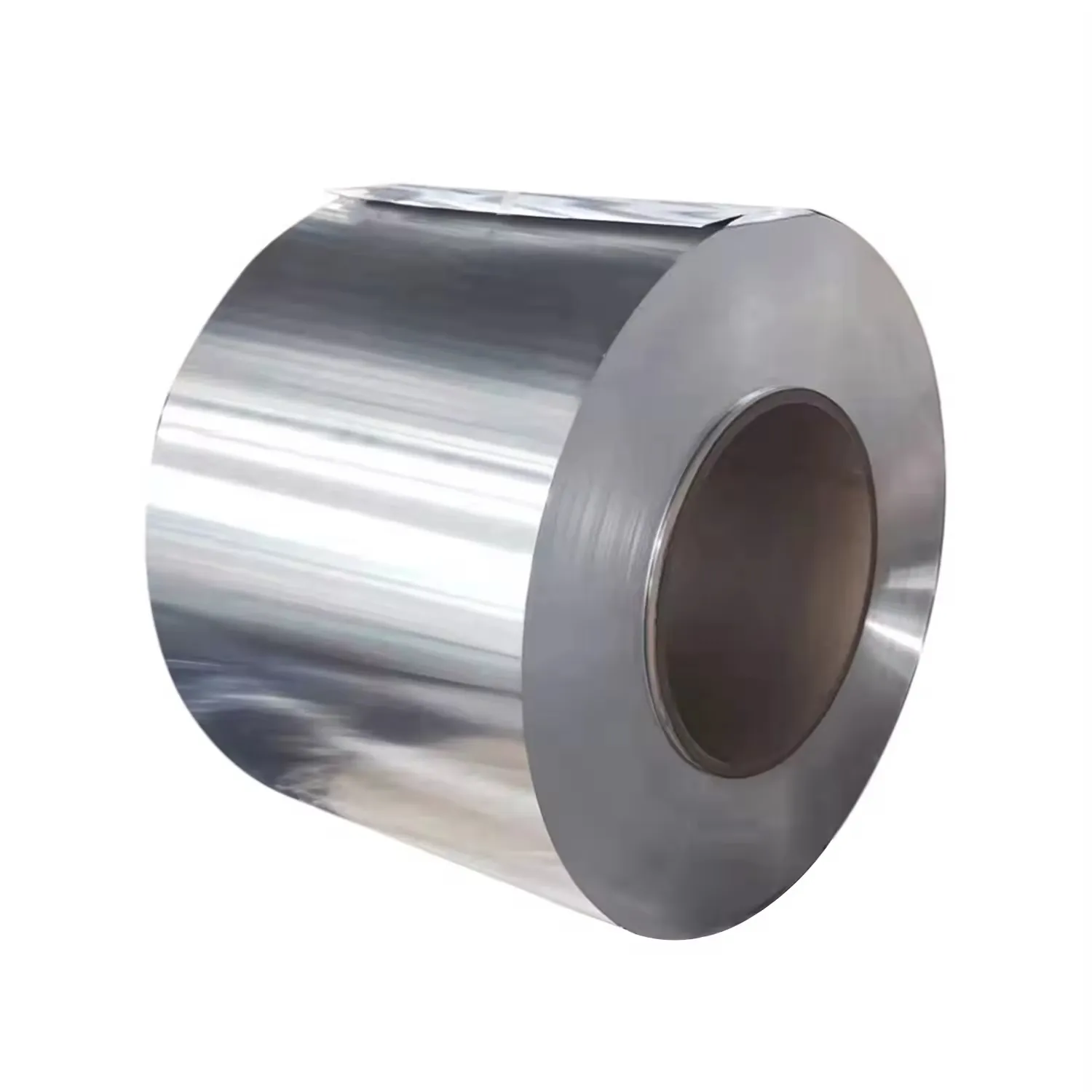Carbon steel coils for bridges are engineered to meet the rigorous demands of bridge construction, requiring high strength, fatigue resistance, and durability to withstand dynamic loads and environmental exposure. These coils typically consist of high strength low alloy (HSLA) steel or medium carbon steel, with alloying elements like manganese, chromium, or nickel to enhance mechanical properties. Common grades include ASTM A572 Grade 50 (yield strength ≥345 MPa) and EN S355 (yield strength ≥355 MPa), selected for their high tensile strength and excellent toughness. The cold rolled or hot rolled coils undergo precise processing to ensure uniform thickness (6mm to 50mm) and flatness, critical for forming bridge components like girders, decks, and supports. Fatigue resistance is prioritized, with the steel microstructure optimized through heat treatment to withstand repeated loading from traffic and environmental vibrations. Corrosion protection is essential for bridge components, often achieved through galvanizing, epoxy coating, or zinc rich primers. Coils are supplied in large widths (up to 2,500mm) to minimize welding seams and improve structural integrity. Bridge engineers select carbon steel coils based on design loads, span requirements, and environmental conditions (e.g., coastal salt exposure or freeze thaw cycles). The reliability of these coils is vital for ensuring bridge safety and longevity, with manufacturers adhering to strict quality control standards and providing extensive testing documentation for material traceability.


